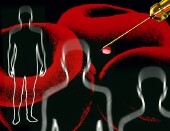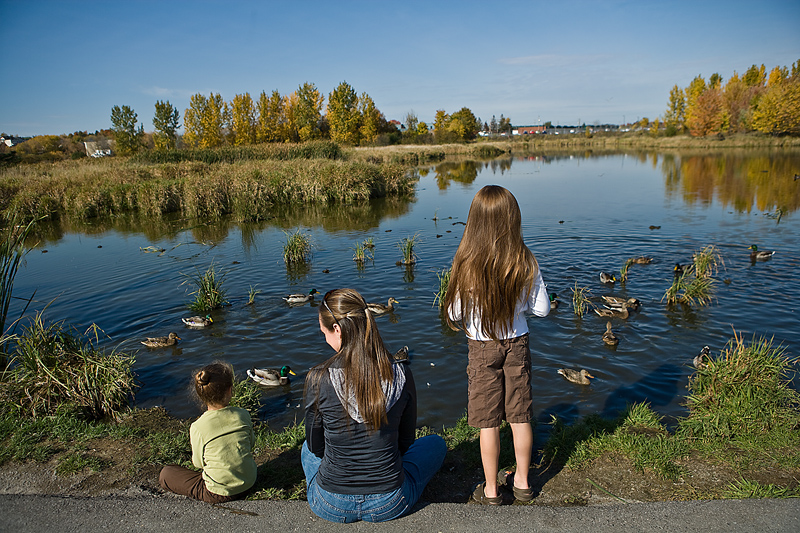
TUESDAY, May 12, 2015 (HealthDay News) — Adults who were born to older fathers may be at increased risk for blood and immune system cancers such as leukemia and lymphoma, a new study suggests.
This association is particularly strong among only children, the American Cancer Society investigators added. However, the study did not prove there was a cause-and-effect link between the two.
There was no association between having an older mother and increased risk of these cancers, according to the study published online May 11 in the American Journal of Epidemiology.
“The lifetime risk of these cancers is fairly low — about one in 20 men and women will be diagnosed with lymphoma, leukemia or myeloma at some point during their lifetime — so people born to older fathers should not be alarmed,” study leader Lauren Teras said in a journal news release.
“Still, the study does highlight the need for more research to confirm these findings and to clarify the biologic underpinning for this association, given the growing number of children born to older fathers in the United States and worldwide,” she added.
Dr. Randy Levine, a hematologist and director of the Blood Bank at Lenox Hill Hospital in New York City, said that although the findings support an earlier observational study that found a link between parental age and blood cancers, “this is not proof of causation by any means.”
The researchers analyzed data from more than 138,000 people enrolled in a long-term American Cancer Society study, and they found that more than 2,500 people developed blood and immune system cancers between 1992 and 2009.
Overall, people born to older fathers were at increased risk for these cancers, but the risk was especially high among only children. In this group, those who were born to fathers who were 35 and older were 63 percent more likely to develop blood cancers than those born to fathers who were younger than 25.
The fact that the link is especially high among only children suggests that it may be related to the “hygiene hypothesis,” the researchers said. That’s a theory that exposure to mild infections in childhood — which might be more common among youngsters with siblings — help immune system development and may reduce the risk of immune-related diseases, the study authors explained.
But Levine questioned that theory. “It is curious that the positive correlation was limited to those participants without any siblings,” she noted. But “the authors did not have a good explanation for this finding, although they refer to the ‘hygiene hypothesis’ of decreased exposure to childhood diseases.”
The researchers said that the number of American parents who delay having children until age 35 or older is increasing, but the long-term health consequences for children born to older parents are still unclear.
More information
The American Society of Hematology has more on blood cancers.
Copyright © 2026 HealthDay. All rights reserved.

